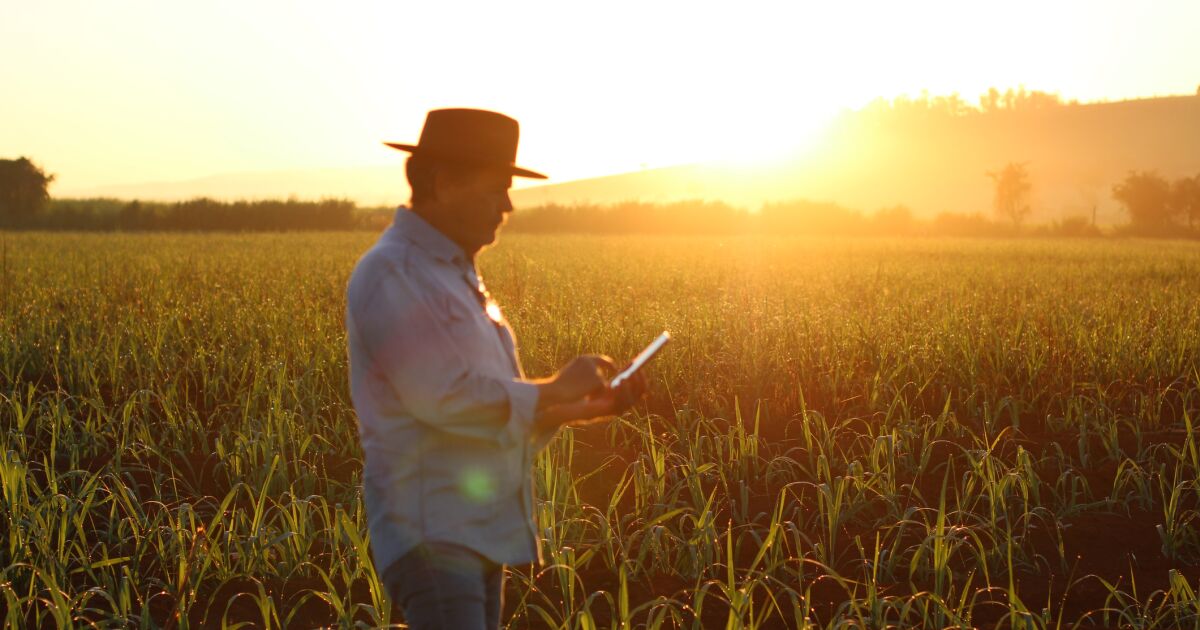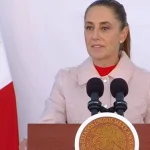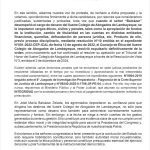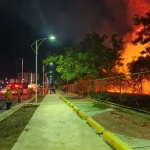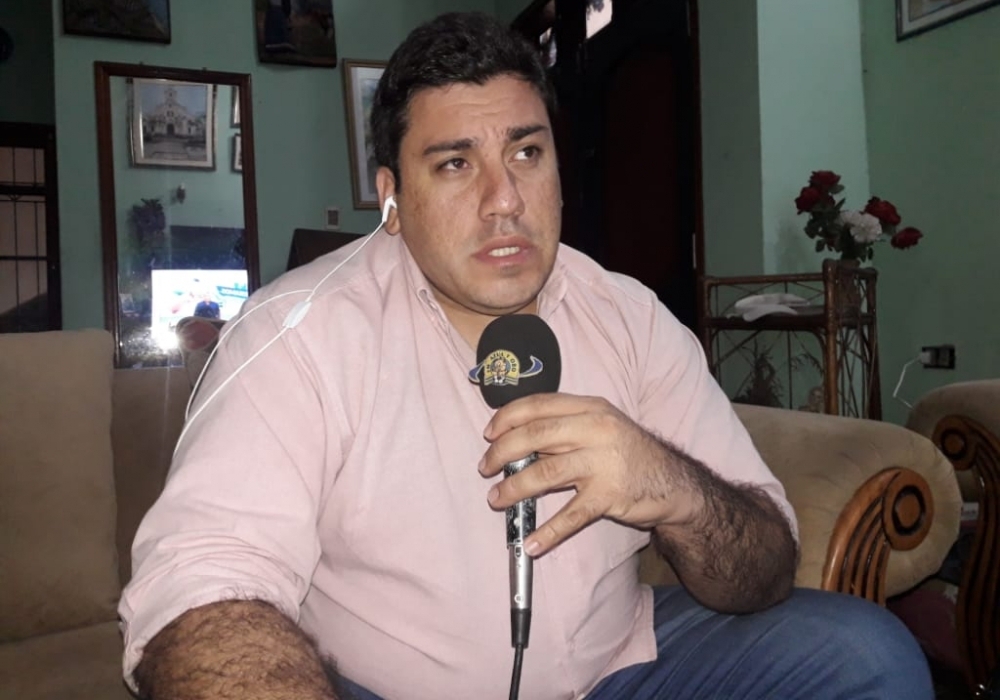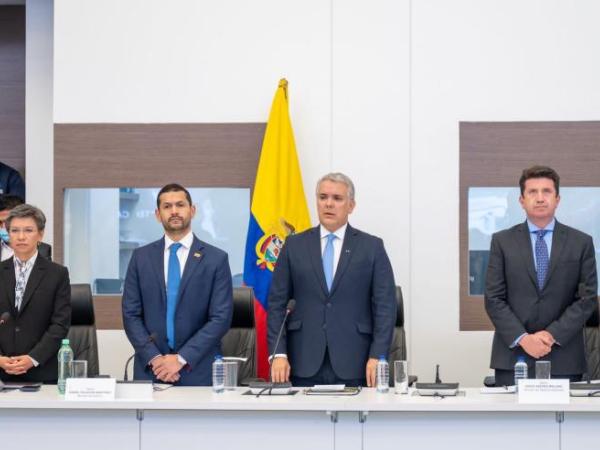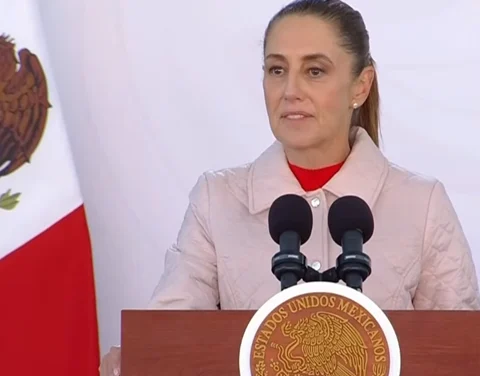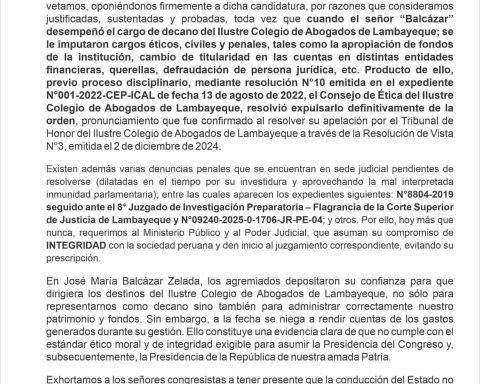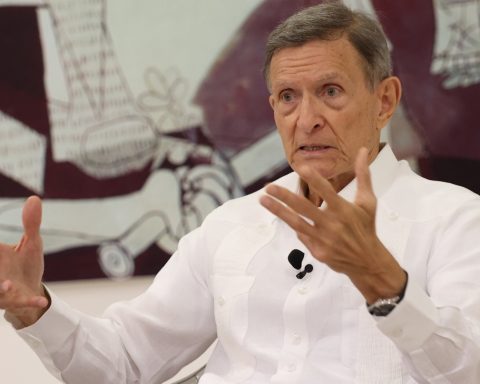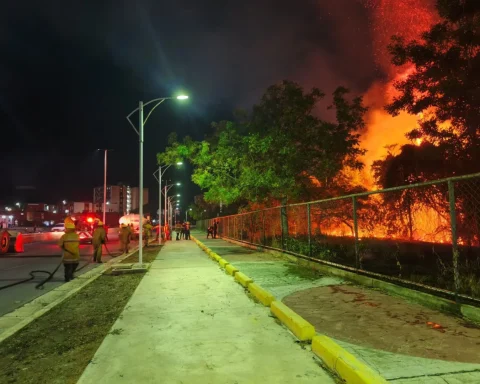The president of the IDB, an American who came to the post after being national security adviser for the Americas to former President Donald Trump, indicated that the Russian offensive in Ukraine, launched at the end of February, shakes the world order with “profound ramifications” for the future. .
“Some domino effects have already begun to reach our countries,” he said, noting the impact on inflation and flows of raw materials such as gas, wheat and metals.
Opening the meeting, held in virtual format due to covid-19, Claver-Carone pointed out that “these dynamics are aggravated in the context of an incomplete recovery from a pandemic that is still ongoing.” And he called the regional unit to cushion the blow.
Closing the meeting, Claver-Carone highlighted “some bottlenecks that need to be addressed” for this to be possible, and first mentioned “the issue of fertilizers.”
“Brazil and other countries are overwhelmingly dependent on Russia for fertilizers,” he stressed. “If we can solve that problem, Latin America and the Caribbean, from a food commodity point of view, wheat and corn, can become an option.”
“And I think, frankly, either the United States or any country in Europe would be better off importing wheat, corn and other food products from Latin America and the Caribbean than from Russia,” he added.
